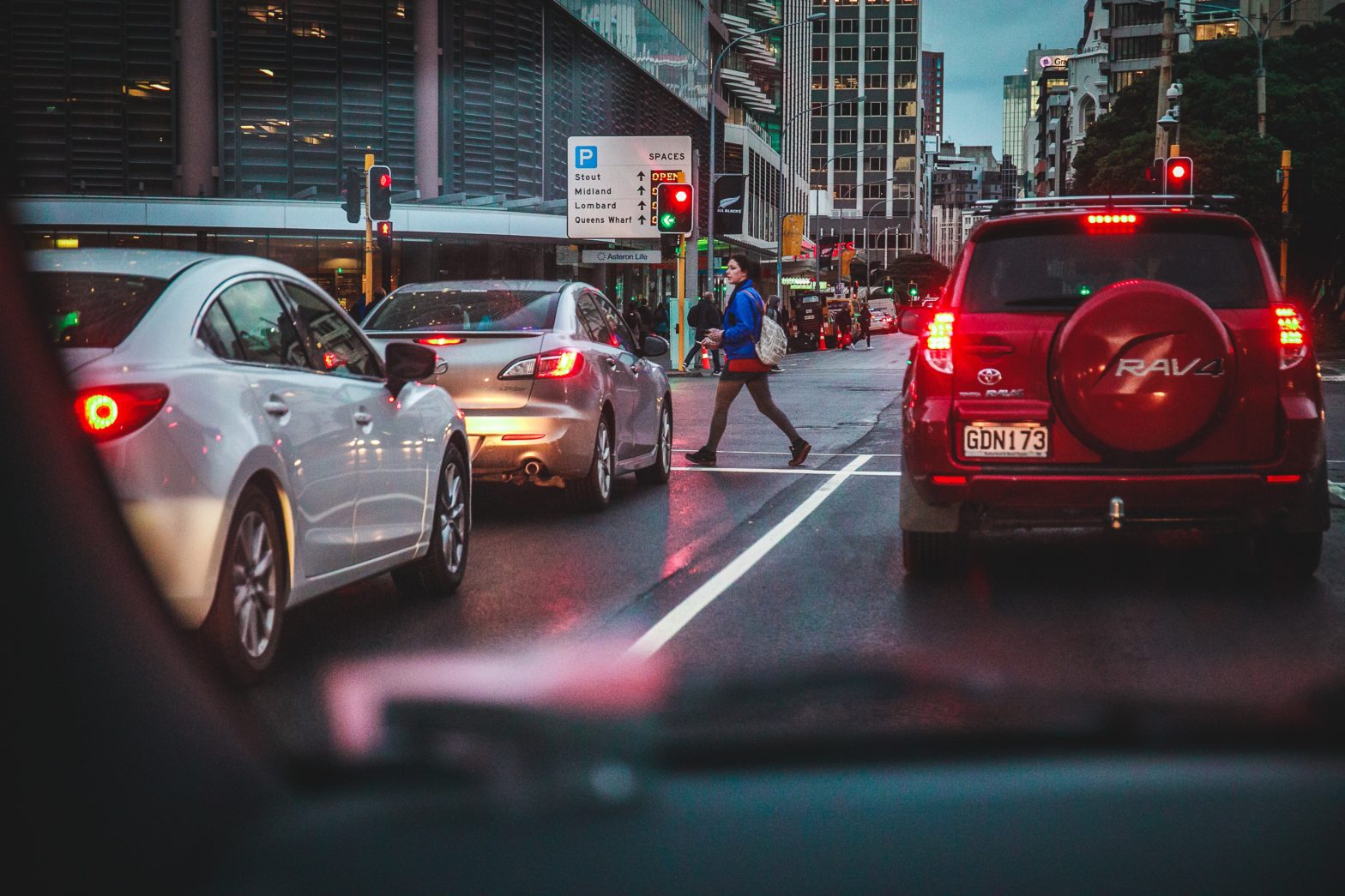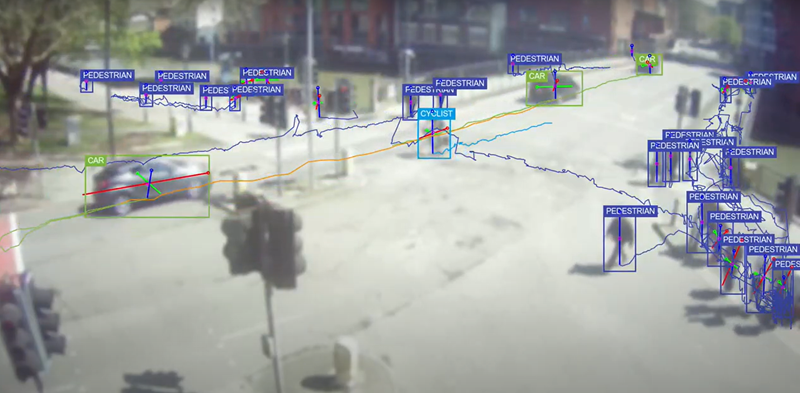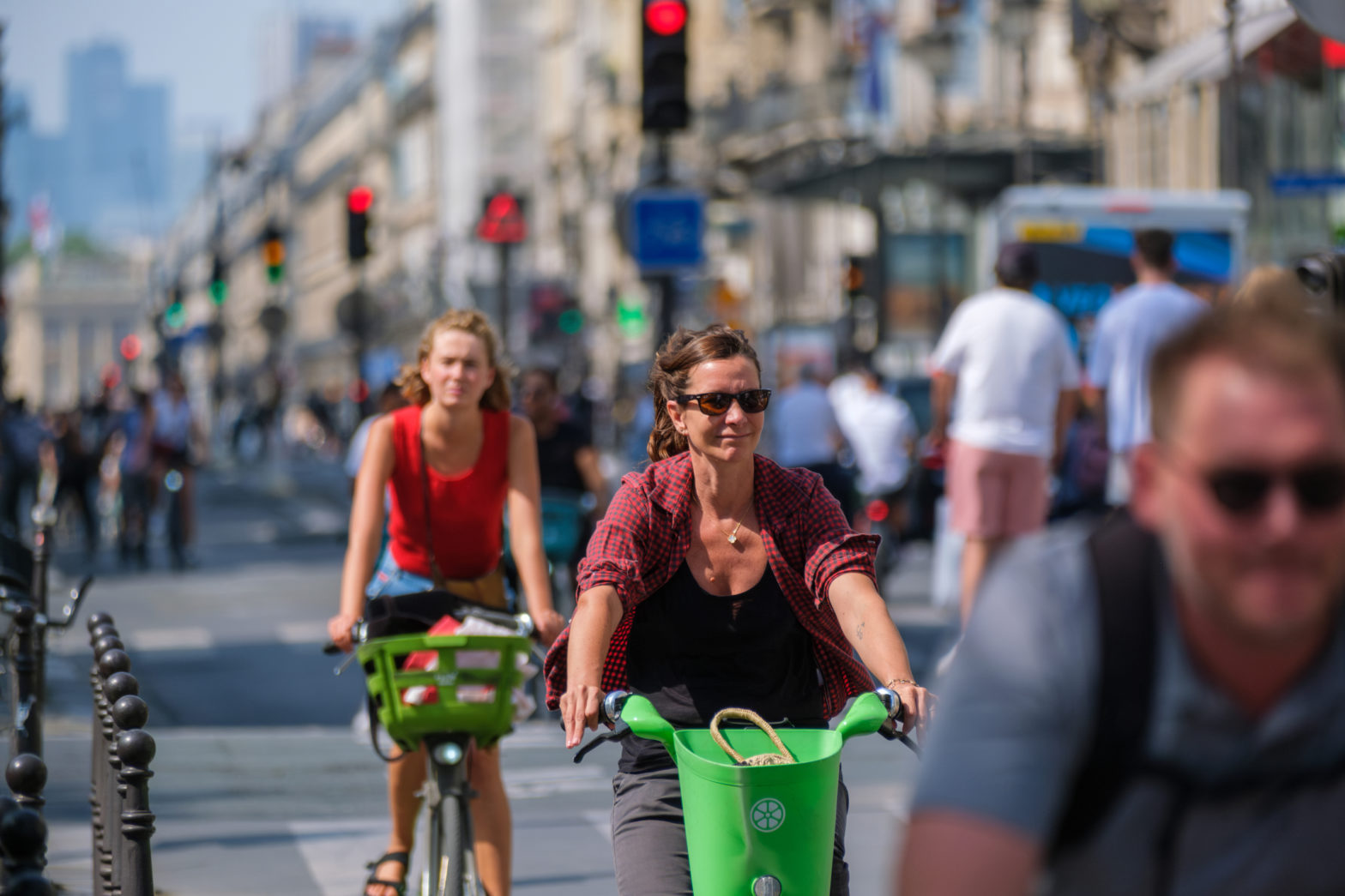
Photo: james-coleman-jViepQKI01Q-unsplash
Wellington taps AI cameras for real-time traffic monitoring
13 September 2023
by Christopher Carey
Wellington City Council is preparing to roll out a new sensor network to collect data on traffic to “better inform effective, evidence-based decision-making in a cost-effective way”.
Data collected by the new VivaCity cameras will include counts of different types of road users, paths of travel, and travel speeds for cars, trucks, bicycles, scooters, buses and pedestrians.
“As the city grows, use of space and transport become more vital to the liveability of Wellington. This kind of information is invaluable for planning and designing our future,” said Wellington Mayor Tory Whanau.
“These VivaCity sensors gather data around the clock with a high degree of accuracy and anonymity, providing a much more detailed picture of how our public spaces are being used.”
The city says that data collected will inform transport strategies and, when combined with other data sets, will lead to “tangible benefits for key council decisions”.
Council groups including Transport and infrastructure, Bike network planning, Community services, the Waterfront team, the Behaviour change team, and Let’s Get Wellington Moving will also use the data.
Installation of the new sensor network is expected to start later this month at an estimated cost of NZ$1 million (US$590,000) over five years.
It is funded by “repurposing existing funds” from the “previous decentralised and often more manual methods we used to collect data”, the city said.
How the sensors work
The sensors use AI-powered computer vision to capture the path of objects as they move across the field of view.
Objects are counted and classified into different categories, such as pedestrians, cyclists, e-scooters and other vehicle types.
Traffic volumes and speeds are recorded as the objects pass over count lines and zones that have been programmed into the sensor.
The city says the video frames are blurred, so individual people and vehicle registration numbers are not identified by the cameras.

Privacy
While the information collected will identify the movements of people, the city and Vivacity have stressed that only anonymised data is transmitted and stored.
“This project has been through a Privacy Impact Assessment and consulted on with the Office of the Privacy Commissioner to ensure that any personal data collected is managed in accordance with New Zealand privacy Laws,” Wellington City Council Transport and Infrastructure Manager Brad Singh told Cities Today.
“During normal operation, only anonymous data is transmitted and stored as video frames are deleted on the sensor.”
Most of the footage captured by the sensors is processed and discarded within seconds.
The exception is where a small amount of footage is recorded “during the initial set-up of the sensor to make sure it’s working correctly, and then occasionally for validation purposes”.
“We have designed our solutions from the ground up to guarantee the privacy of every citizen,” said VivaCity Co-Founder and COO Peter Mildon.
“The system was developed using data protection-by-design principles and is not just fully compliant with but exceeds the legal requirements in data protection legislation.”
Image: james-coleman-unsplash







